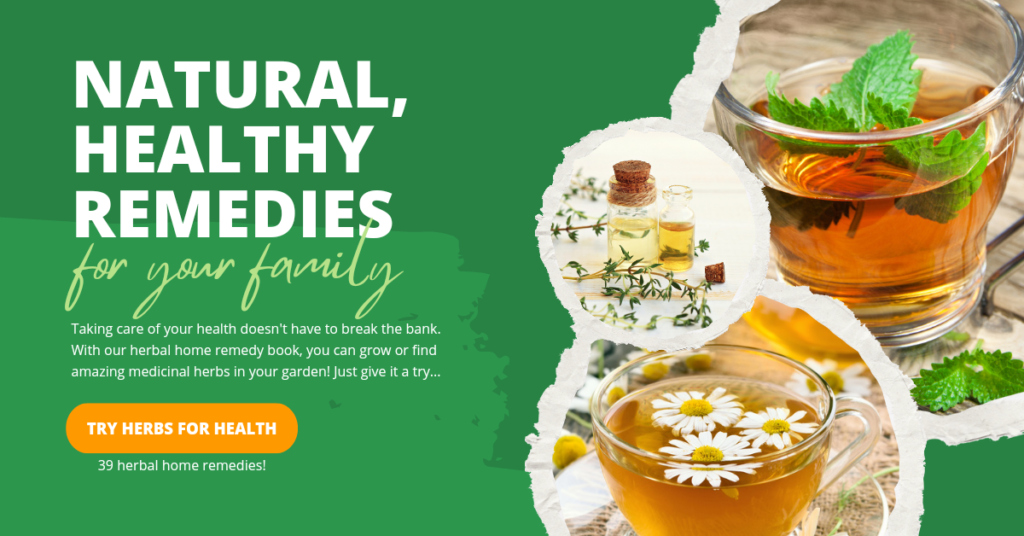This site contains affiliate links to products sold by selected self improvement partners. We may receive a commission for purchases made through these links.
I remind you that the information provided in this series is for information purposes only and is not to be used or relied on for any diagnostic or treatment purposes. This information is not intended to be patient education, neither is it to be construed as such. It does not create any patient-physician relationship and should not be used as a substitute for professional diagnosis and treatment where required. Consult a doctor for medical advice, treatment or diagnosis.
Also, while every attempt is made to ensure accuracy, you are strongly advised to take responsibility and do your own research.
In the previous article, we looked at Echinacea, a very popular herb that is almost becoming the “victim” of its own success due to overharvesting.
In this article, we will take a look at Eucalyptus to see what else it can do apart from helping to relieve cold and flu symptoms.
Are you a Big Bang Theory fan?
Eucalyptus is an aromatic herb that has properties that provide great relief as a decongestant and an expectorant.
For years the popular Vick’s Vapor Rub product, which is made as a rub from Eucalyptus, is applied to the back and chest of a person who has a common cold or any other respiratory distress. It is known to loosen the mucus in the chest so that it can be coughed up and expelled.
Back to the question: are you a Big Bang Theory fan? You might recall this scene:
So, dealing with cold and flu symptoms appears to be the main reason why people use Eucalyptus.
Did you recognize the container?
Clinical efficacy research
Authors of a systematic review and meta-analysis of randomized controlled trials published in March 2022, acknowledge that the phytochemicals in Eucalyptus oil may have some benefits associated with
- mucolytic,
- bronchodilating,
- antibacterial,
- antiviral, and
- anti-inflammatory activities.
This review focused on clinical efficacy and found that there was insufficient evidence to support clinical efficacy in relation to the use of Eucalyptus for treating coughs in humans.
Traditional internal and external uses
Eucalyptus has both internal and external uses.
Internally it is the leaves that are used for herbal teas that are able to assist people by acting as a diuretic, an anti-diabetic and also has some anti-tumor properties. The leaves are also boiled in a tea for dealing with colds and flu.
Externally, Eucalyptus is used as a vapor rub and while it is recommended that it be rubbed on the chest and back area it is also good for inhalation in such ways as steam vaporizers. Some even boil water and drop a teaspoon of vapor rub into it so an ill person can breathe in the vapors which will help to break up the congestion in the lungs. Quite often people have used the very same rub for sprains, bruises, and muscle aches and pains.
Note: essential oil poisoning is quite common in children and must never be taken orally. Even small amounts can be fatal.
Other uses
- It is a very powerful antiseptic and has been used to treat pyorrhea which is a gum disease. It is often used to treat burns and wounds too.
- Insect repellent against mosquitoes
- Many people soak a cloth in Eucalyptus and place it in their pantries or closets to fend off bugs and roaches.
- A few sniffs of Eucalyptus may help someone who has fainted and
- Mixing with cinnamon, citrus, clove, and rosemary is known to alleviate the cold and flu symptoms.
Uses in aromatherapy
Eucalyptus is also commonly used for aromatherapy too because when mixed with other oils it is extremely beneficial. The effects of Eucalyptus are stimulating and balancing, and the scent is very woody. It blends well with Juniper, Lavender, and Marjoram. Eucalyptus when used in aromatherapy does the body good as it helps to
- relieve mental fatigue,
- improves mental clarity and alertness,
- sharpens the senses,
- refreshes and revives.
So, how do you grow and harvest this plant?
Here is a presentation from The Gardener’s Workshop:
In the next article, we will look at Frankincense. Is it only for spell casting?
To a better, wiser, stronger YOU!

Note: I am an affiliate for the above offer and may get a commission on each sale.
Sources:
Her L, Kanjanasilp J, Chaiyakunapruk N, Sawangjit R. Efficacy and safety of Eucalyptus for relieving cough: A systematic review and meta-analysis of randomized controlled trials. J Integr Complement Med. March 2022;28(3):218-226. doi: 10.1089/jicm.2021.0226.
Sadlon AE, Lamson DW. Immune-modifying and antimicrobial effects of Eucalyptus oil and simple inhalation devices. Altern Med Rev. 2010 Apr;15(1):33-47. PMID: 20359267.
Dhakad AK, Pandey VV, Beg S, Rawat JM, Singh A. Biological, medicinal and toxicological significance of Eucalyptus leaf essential oil: a review. J Sci Food Agric. 2018 Feb;98(3):833-848. doi: 10.1002/jsfa.8600. Epub 2017 Sep 11. PMID: 28758221.
Sheikh Z, Amani A, Basseri HR, Kazemi SHM, Sedaghat MM, Azam K, Azizi M, Amirmohammadi F. Repellent Efficacy of Eucalyptus globulus and Syzygium aromaticum Essential Oils against Malaria Vector, Anopheles stephensi (Diptera: Culicidae). Iran J Public Health. 2021 Aug;50(8):1668-1677. doi: 10.18502/ijph.v50i8.6813. PMID: 34917538; PMCID: PMC8643535.
Kumar KJ, Sonnathi S, Anitha C, Santhoshkumar M. Eucalyptus Oil Poisoning. Toxicol Int. 2015 Jan-Apr;22(1):170-1. doi: 10.4103/0971-6580.172259. PMID: 26862283; PMCID: PMC4721170.
This site contains affiliate links to products sold by selected self improvement partners. We may receive a commission for purchases made through these links.
